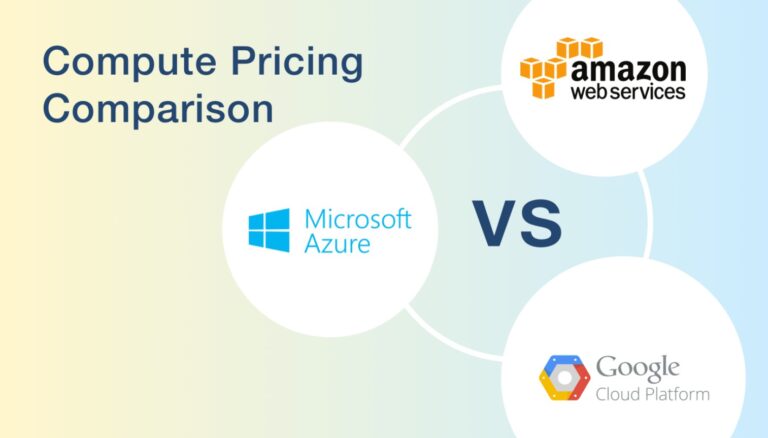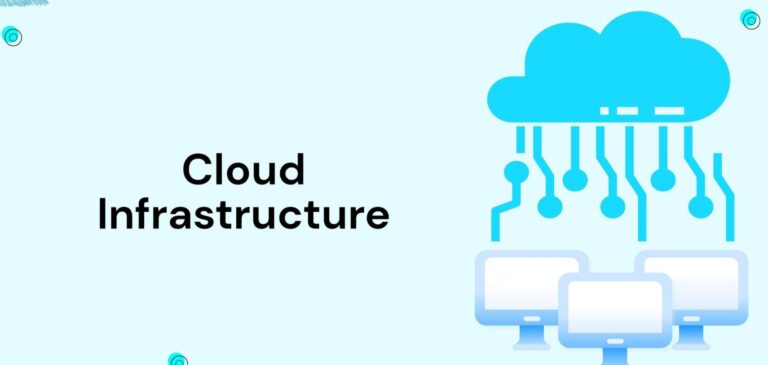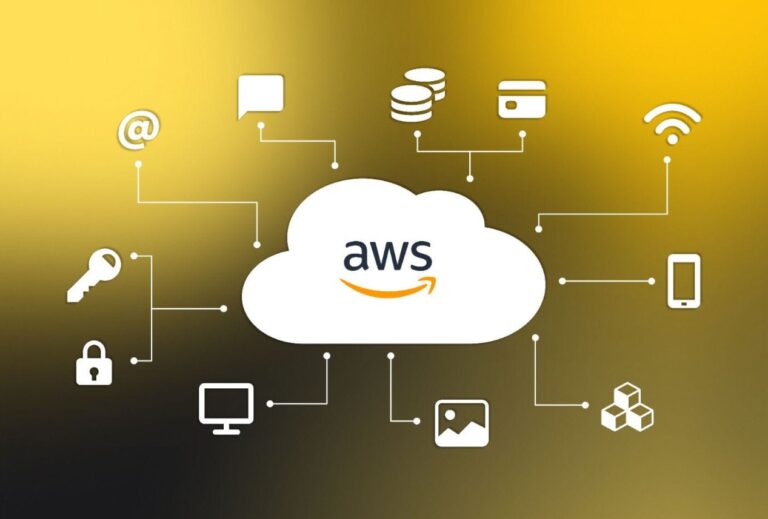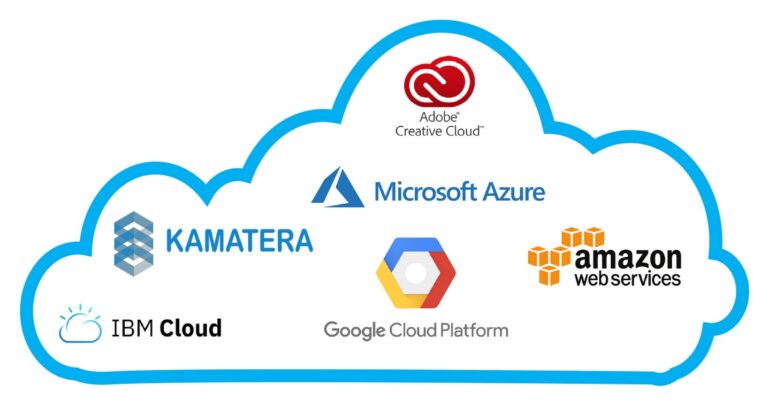Cloud Server Services: Guide, Benefits, and Top Providers
In today’s rapidly evolving digital landscape, businesses are increasingly leveraging cloud server services to effectively store, manage, and process their data and operations.
This comprehensive article seeks to provide a thorough understanding of cloud server services, including their key features, advantages, and potential challenges.
Additionally, it offers an in-depth comparison of leading cloud service providers to empower readers in making well-informed decisions for their business needs. 🌐🚀
What are Cloud Server Services?
Cloud server services deliver virtualized server resources through the internet, providing businesses with easily expandable and adaptable computing power without requiring investment in physical hardware. This enables cost-effective and efficient management of data, applications, and services.
Key Features:
- Scalability: Easily scale resources up or down based on demand.
- Reliability: High uptime and redundancy for continuous operations.
- Security: Advanced security measures to protect data.
- Cost-Efficiency: Pay-as-you-go pricing models.
See also: Cloud Server Backup: Top Solutions, Benefits, and Compare
Benefits of Cloud Server Services
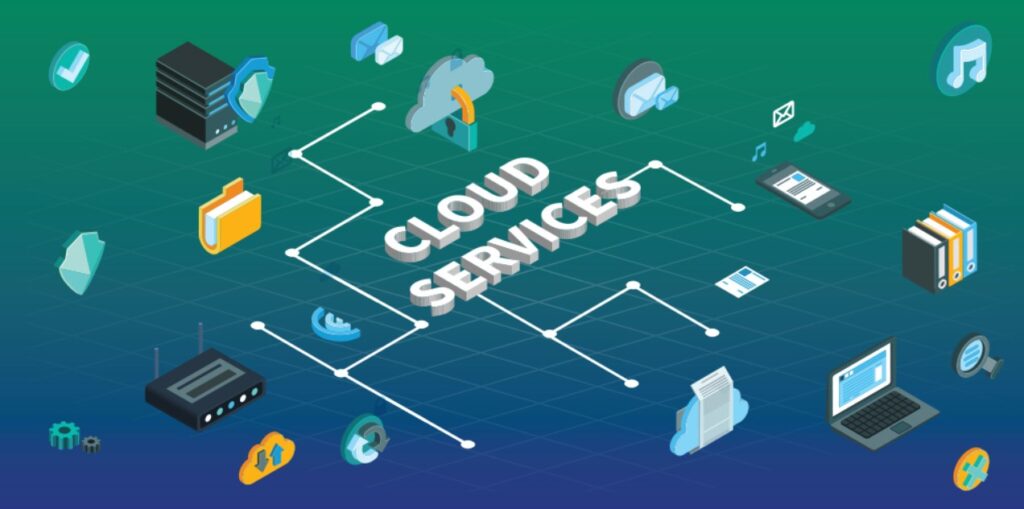
1. Cost Savings 💰
By leveraging cloud servers, businesses can significantly reduce their IT infrastructure costs. There is no need to invest in expensive hardware or maintenance.
2. Flexibility and Scalability 🔄
Cloud services allow you to scale your resources based on your needs, ensuring you only pay for what you use.
3. Enhanced Collaboration 🤝
Teams can collaborate seamlessly from anywhere in the world, thanks to the centralized nature of cloud servers.
4. Data Security 🔒
With advanced encryption and security protocols, cloud servers offer robust protection against data breaches.
5. Disaster Recovery 💾
Cloud services provide excellent disaster recovery solutions, ensuring your data is safe even in the event of a catastrophe.
Top Cloud Server Services Providers
Here are five top cloud server service providers, each offering unique features and benefits.
1. Amazon Web Services (AWS)
Features:
- A comprehensive suite of cloud services
- Highly scalable and reliable infrastructure
- Extensive global network of data centers
Pros:
- Highly reliable
- Extensive service options
- Strong security features
Cons:
- Can be expensive for small businesses
- Complex pricing structure
Use Case:
AWS is ideal for large enterprises that need a wide range of cloud services and global reach.
Price:
Pricing varies based on the services used. Visit the AWS Pricing page for detailed information.
2. Microsoft Azure
Features:
- Strong integration with Microsoft products
- Hybrid cloud capabilities
- Advanced analytics and AI services
Pros:
- Excellent for Microsoft-centric environments
- Robust hybrid cloud solutions
- Strong analytics and AI tools
Cons:
- Complex to set up
- Can be costly for heavy users
Use Case:
Azure is perfect for businesses that use Microsoft products and need hybrid cloud solutions.
Price:
Check out the Azure Pricing page for detailed pricing.
3. Google Cloud Platform (GCP)
Features:
- Leading data analytics and machine learning tools
- Strong security features
- Competitive Pricing
Pros:
- Excellent analytics and AI capabilities
- Strong security measures
- Cost-effective
Cons:
- Limited global presence compared to AWS
- Can be complex to navigate
Use Case:
GCP is ideal for companies focusing on big data and machine learning.
Price:
Visit the Google Cloud Pricing page for detailed pricing information.
4. IBM Cloud
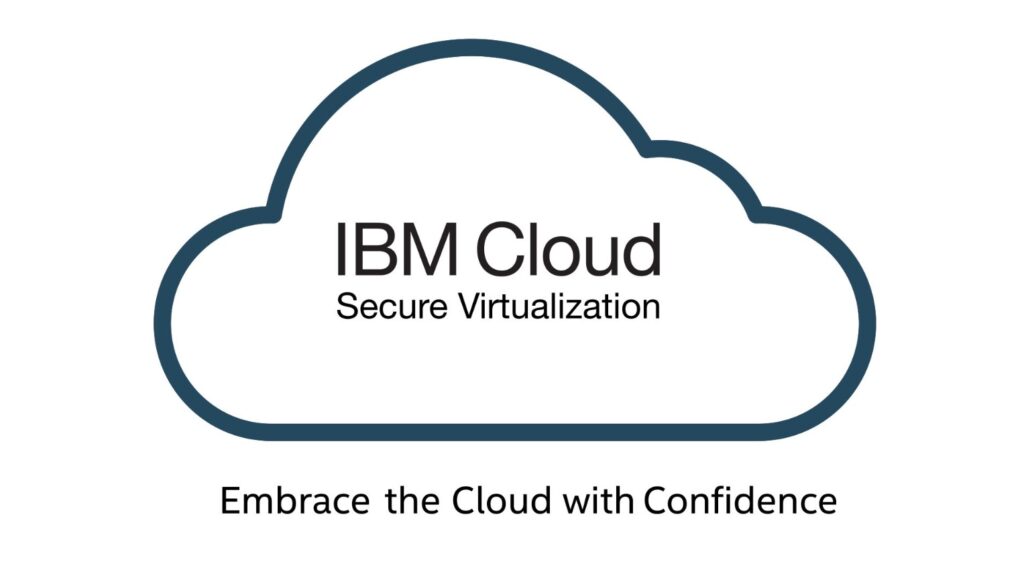
Features:
- Strong focus on AI and machine learning
- Hybrid cloud capabilities
- Comprehensive security features
Pros:
- Excellent AI tools
- Strong security features
- Good for hybrid cloud solutions
Cons:
- Can be expensive
- Not as user-friendly as competitors
Use Case:
IBM Cloud is suitable for businesses that require strong AI and machine learning capabilities.
Price:
Detailed pricing information can be found on the IBM Cloud Pricing page.
5. Oracle Cloud
Features:
- Strong database management services
- Integrated with Oracle software
- Highly secure infrastructure
Pros:
- Excellent for database management
- Strong integration with Oracle products
- High security
Cons:
- Expensive for small businesses
- Limited third-party integrations
Use Case:
Oracle Cloud is ideal for enterprises heavily reliant on Oracle databases.
Price:
For detailed pricing, visit the Oracle Cloud Pricing.
Comparison Table
| Provider | Use Case | Pros | Cons | Price | Features |
|---|---|---|---|---|---|
| AWS | Large enterprises | Highly reliable, extensive options | Expensive, complex pricing | Varies | Scalable, reliable, global data centers |
| Azure | Microsoft-centric environments | Excellent integration, hybrid cloud | Complex setup, costly | Varies | Integration with Microsoft, hybrid cloud, AI services |
| GCP | Big data and machine learning | Excellent analytics, cost-effective | Limited presence, complex | Varies | Data analytics, strong security, AI tools |
| IBM Cloud | AI and machine learning | Strong AI tools, security | Expensive, less user-friendly | Varies | AI and machine learning, hybrid cloud, security |
| Oracle Cloud | Oracle database management | Strong database services, security | Expensive, limited integrations | Varies | Database management, Oracle integration, security |
See also: Best Cloud Server: Top Providers, Benefits, and Buying Guide 2024
How to Buy and Where to Buy
Amazon Web Services (AWS)
- Where to Buy: Visit the AWS website to sign up.
- How to Buy: Follow the sign-up process and choose the services you need.
Microsoft Azure
- Where to Buy: Visit the Azure website.
- How to Buy: Sign up and select your required services.
Google Cloud Platform (GCP)
- Where to Buy: Visit the GCP website.
- How to Buy: Sign up and configure your services.
IBM Cloud
- Where to Buy: Visit the IBM Cloud website.
- How to Buy: Sign up and choose your services.
Oracle Cloud
- Where to Buy: Visit the Oracle Cloud website.
- How to Buy: Sign up and select your required services.
FAQs
1. What is a cloud server?
A cloud server is a virtual server that runs in a cloud computing environment, providing scalable and flexible computing resources over the internet.
2. What are the benefits of using cloud server services?
Benefits include cost savings, scalability, enhanced collaboration, data security, and disaster recovery solutions.
3. Which is the best cloud server service provider?
The best provider depends on your specific needs. AWS, Azure, GCP, IBM Cloud, and Oracle Cloud are all excellent choices with unique features.
4. How do I choose the right cloud server service?
Consider your business needs, budget, and the specific features offered by each provider.
5. Can I switch cloud server providers later?
Yes, but it can be complex. It’s essential to plan and understand the migration process to avoid data loss and downtime.
By understanding the different cloud server services available and their benefits, you can make an informed decision that best suits your business needs. 🚀
